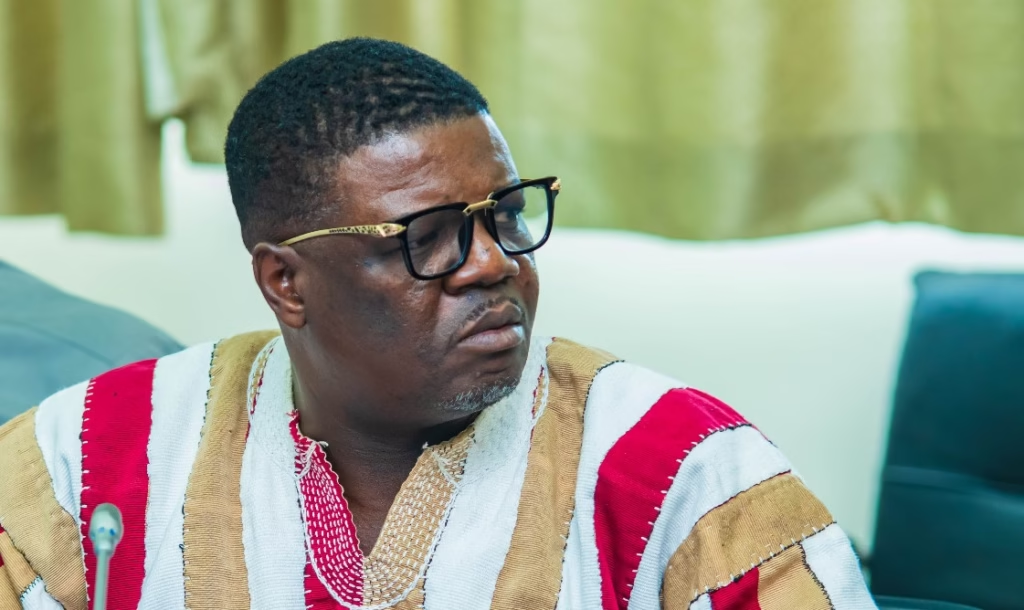Majority Chief Whip Clarifies Role in Vetting Chaos: “I Aimed to Restore Order”
Introduction: Addressing the Vetting Chaos Allegations
Majority Chief Whip Roackson-Nelson Dafeamekpor has responded to allegations of his involvement in a physical altercation during the recent vetting chaos in Parliament. He clarified that his actions were focused on restoring order, not engaging in a fight.
This article explores Dafeamekpor’s testimony, the context of the incident, and the broader implications for parliamentary proceedings.
What Happened During the Vetting Chaos?
The incident occurred on Thursday, January 30, 2025, during a heated parliamentary session. Allegations surfaced that Dafeamekpor had engaged in a physical altercation with former Deputy Minister of Transport and MP for Gushegu, Alhassan Tampuli.
Dafeamekpor, however, refuted these claims, stating that his actions were misinterpreted.
Dafeamekpor’s Testimony: Restoring Order, Not Fighting
Appearing before a special committee probing the incident on Monday, February 10, Dafeamekpor provided a detailed account of what transpired:
- No Physical Altercation: “I don’t recall ever holding his dress at all. If I had, it would have led to something else because I am also strong enough.”
- De-escalation Efforts: “I had my two hands up, and he held the front of my fugu. I told him, ‘Oh bro, why do you want us to fight over this? We are lawyers; we are custodians; we don’t do this.’ Eventually, he smiled and let go.”
Dafeamekpor emphasized that his primary goal was to restore order and ensure the proceedings continued smoothly.
Rescuing a Colleague: A Key Moment
Dafeamekpor also revealed that he intervened to help MP for Tano South, Charles Asiedu, who was reportedly trapped in Tampuli’s grip. This intervention, he noted, may have been misinterpreted as aggression.
“Perhaps because I had come to take Asiedu out of his grips, he didn’t like the idea. But eventually, he smiled at me and let go of the fugu, so it was not a fight at all,” Dafeamekpor explained.
The Minority’s Role in the Chaos
Reflecting on the broader context, Dafeamekpor suggested that the chaos was driven by the minority’s desire to disrupt proceedings.
“They (minority) were interested in not getting any business done that day,” he stated. This highlights the ongoing tensions between the majority and minority in Parliament, which occasionally spill over into public view.
For more on Ghana’s parliamentary proceedings, visit Parliament of Ghana.
Implications for Parliamentary Conduct
The incident underscores the need for improved decorum and conflict resolution mechanisms within Parliament. Key takeaways include:
- The importance of maintaining professionalism during heated debates.
- The role of leadership in de-escalating tensions.
- The need for clear protocols to address disruptions.
For insights on parliamentary best practices, explore Inter-Parliamentary Union.
Call to Action: Promoting Peaceful Parliamentary Proceedings
The vetting chaos serves as a reminder of the importance of respectful and orderly conduct in Parliament. As citizens, we must hold our leaders accountable for maintaining the integrity of democratic institutions.
What steps do you think Parliament should take to prevent such incidents in the future? Share your thoughts in the comments below or join the conversation on social media using the hashtag #GhanaParliament.



